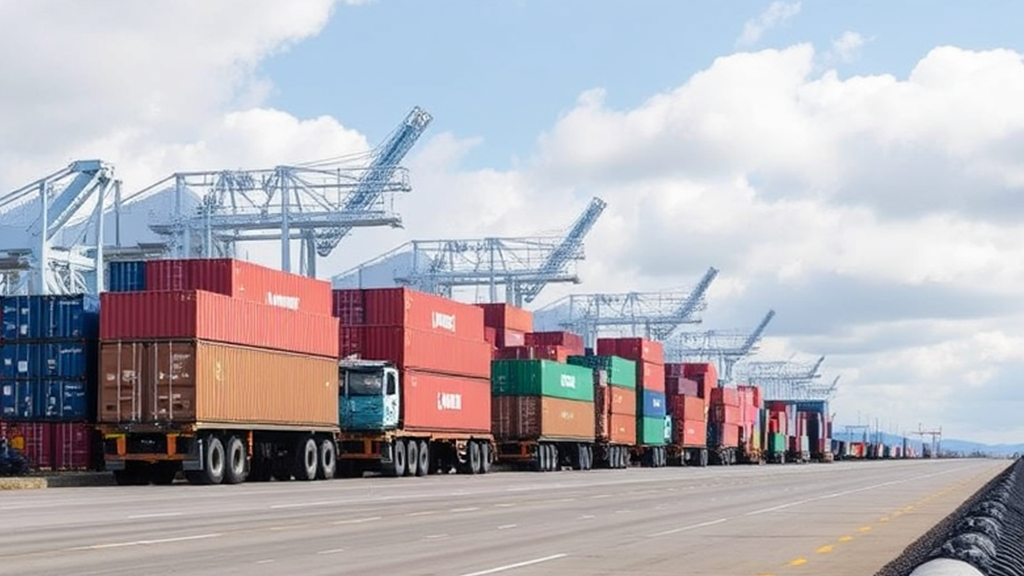- January 24, 2026 10:22 am
- California

January 16, 2025: Canada is bracing for a potential trade conflict with the United States as President-elect Donald Trump threatens to impose a 25% tariff on Canadian goods. This move, aimed at pressuring Canada to tighten its border security and curb illegal immigration and drug smuggling, has prompted a unified but tense response from Canadian leaders.
Prime Minister Justin Trudeau convened a meeting with provincial and territorial premiers to coordinate a response. Trudeau emphasized that “nothing is off the table” regarding countermeasures, assuring that support will be provided to industries most vulnerable to the tariffs.
Roughly 75% of Canadian exports are bound for the U.S., making the threat particularly severe for Canada’s economy. Economists warn that sweeping tariffs could shrink Canada’s GDP by up to 3.38%, while the U.S. could suffer economic consequences, including inflation and job losses.
Canada is preparing several retaliatory actions. One key area of debate is whether to restrict energy exports. Provinces like Ontario, Quebec, and Newfoundland are open to using energy as leverage, while Alberta, rich in oil resources, opposes any restrictions that could harm its economy. Alberta Premier Danielle Smith has firmly rejected export tariffs on energy, highlighting the province’s economic vulnerability.
Energy is a significant bargaining chip. Nearly 40% of the crude processed in U.S. refineries comes from Canada, alongside substantial natural gas and electricity supplies. Newfoundland and Labrador Premier Andrew Furey likened energy to a strategic chess piece, suggesting it should be used carefully but effectively.
Canadian lawmakers have been lobbying U.S. officials to avert the tariffs, including direct engagements at Trump’s Mar-a-Lago resort. Additionally, Ottawa pledged C$1.3 billion for border security enhancements to address U.S. concerns.
Despite these efforts, there’s growing concern that tariffs are inevitable. Ontario Premier Doug Ford warned that up to 500,000 jobs could be lost in Ontario alone, particularly affecting the auto sector. Alberta could face 50,000 job losses.
As Canada gears up for possible retaliation, internal political divisions and upcoming elections complicate its strategy. Trudeau, who announced he would not seek re-election, must navigate external pressures and domestic political shifts as the country confronts this economic challenge.
Also Read: SpaceX Launches Dual Moon Missions, Paving the Way for Space Commerce